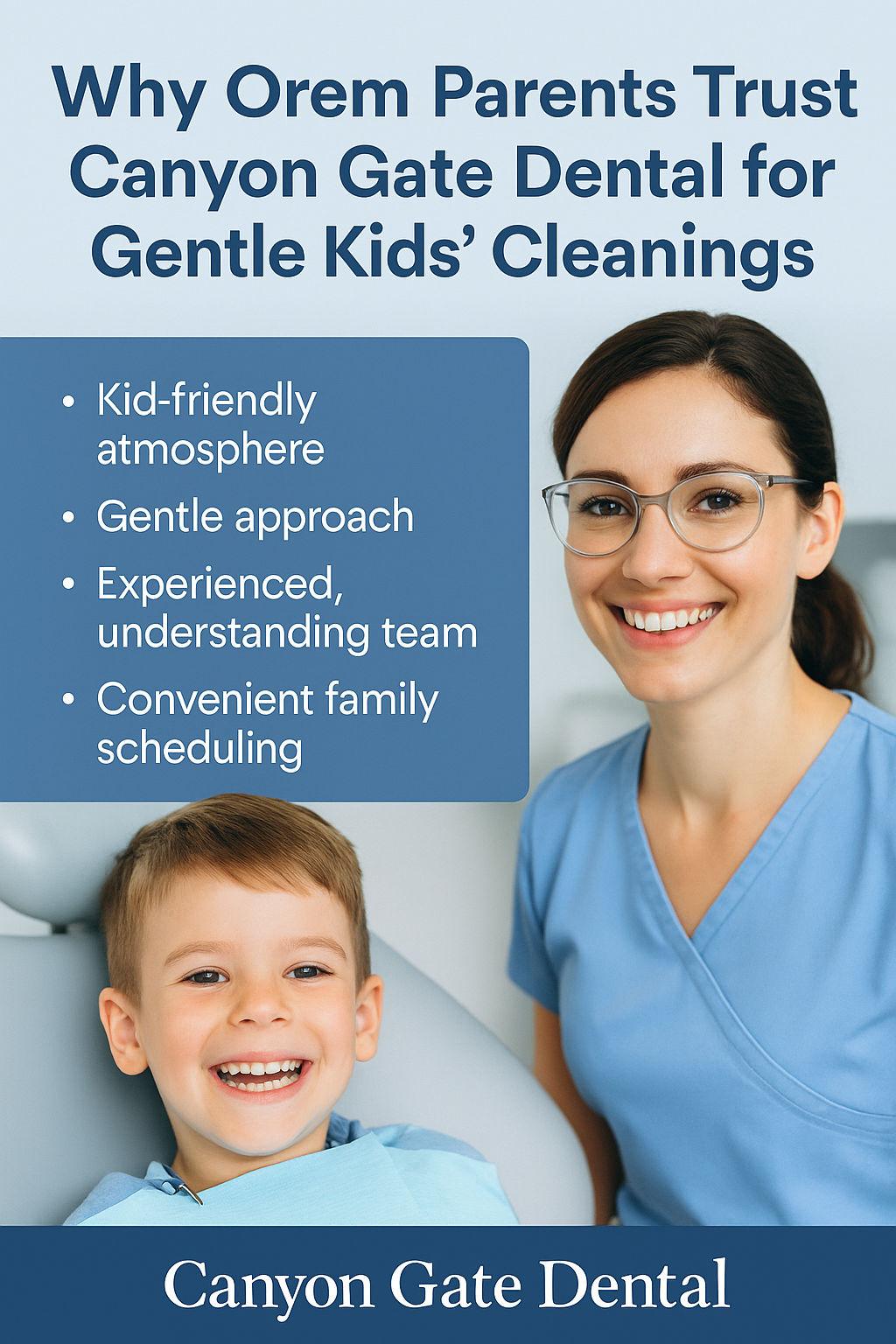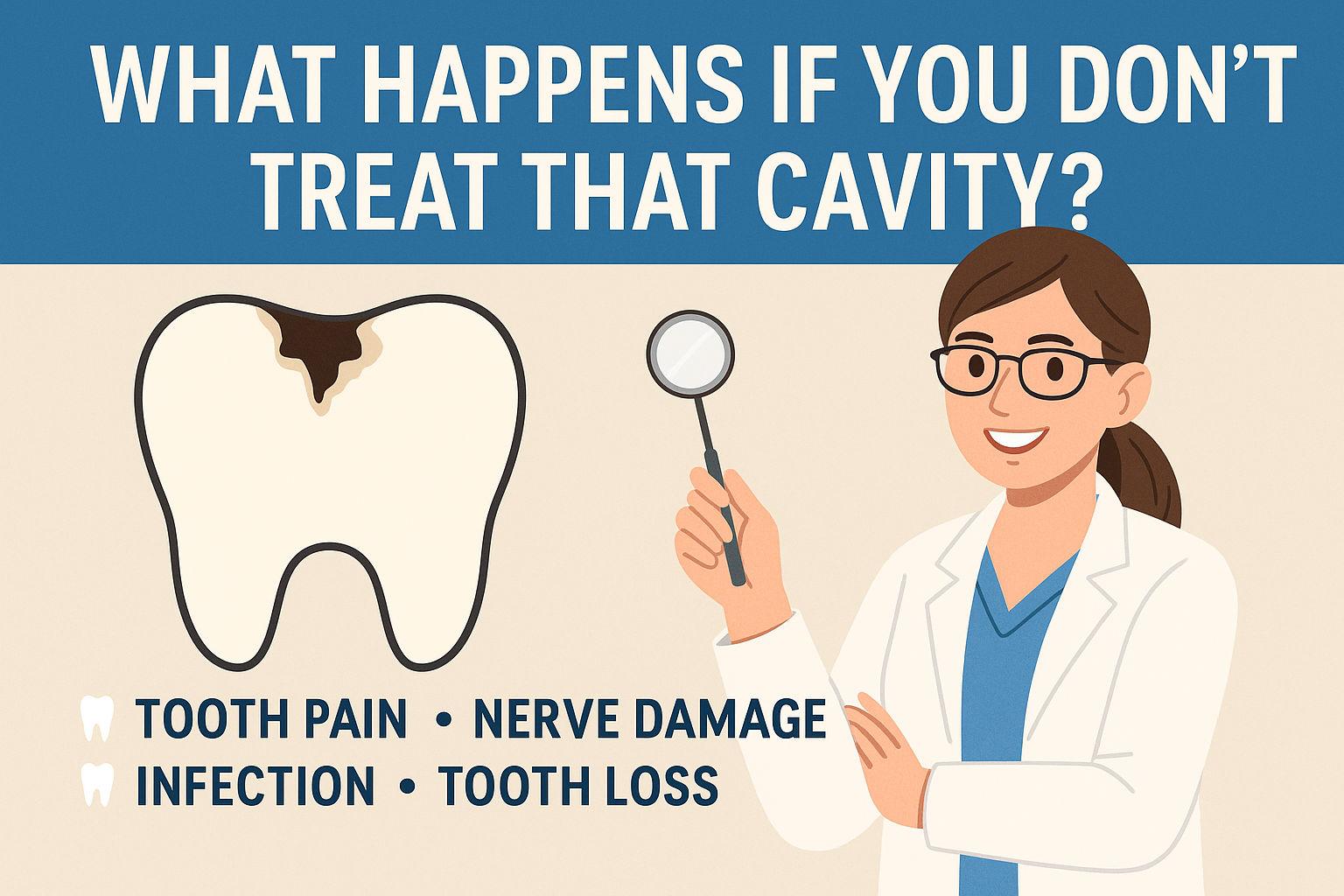Your body is a complicated piece of machinery. The foods you consume and how frequently you eat them can impact your overall health and the health of your teeth and gums. The most frequent chronic pediatric ailment is tooth decay, but the good news is that it is entirely avoidable. You may be at risk for dental decay if you consume too many sugary beverages, sweetened fruit drinks, or unhealthy foods.
Plaque comes into touch with sugar in the mouth, causing acid to damage the teeth, causing tooth decay.
Tooth decay can be exacerbated by foods that include sugars of any type. Read the nutrition data and ingredient labels on foods and beverages to see how much sugar is in them and select the lowest-sugar choices. Soft drinks, candies, cookies, and pastries are all familiar sources of sugar in the diet. Your doctor or a qualified nutritionist may also advise you on eating a healthy diet. It may be more difficult for tissues in your mouth to resist infection if you don’t get enough of certain nutrients in your diet. Gum disease may be worse as a result of this. In adults, severe gum disease is a leading cause of tooth loss. Many studies feel that malnourished children advance faster and have a higher risk of developing the condition.
Visit ChooseMyPlate.gov, a website run by the Center for Nutrition Policy and Promotion, a U.S. Department of Agriculture department, to find out what foods are best for you. Dietary advice for children and adults is provided depending on their physical activity levels on the website.
Wise choices
Think before eating and drinking for a healthy lifestyle and healthy teeth and gums. It’s not just what you eat that affects your oral health; it’s also when you eat. Limit between-meal snacking and eat a well-balanced diet. If you’re on a special diet, follow your doctor’s recommendations when selecting foods.
For good dental health, keep these tips in mind when choosing your meals and snacks:
- Stay hydrated by drinking lots of water.
- Include items from each of the five major food categories in your diet, such as:
- whole grains
- fruits
- vegetables
- lean sources of protein such as lean beef, skinless poultry and fish; dry beans, peas and other legumes
- low-fat and fat-free dairy foods
Reduce the number of snacks you consume. Snack on something nutritious like fruit, veggies, or a slice of cheese if you must. Because more saliva is created during a meal, foods are eaten as part of a meal cause less harm to teeth than snacks consumed throughout the day. Saliva assists in the removal of food particles from the mouth and reduces the effects of acids, which can destroy teeth and create cavities.
Your dentist can help prevent oral issues from happening in the first place and catch those that do emerge in the early stages, when they are easier to treat, with regular dental care. Always remember to brush twice a day with fluoride toothpaste that has the American Oral Association Seal of Acceptance, floss every day, and see your dentist regularly for optimal dental health. Contact us in Orem to book an appointment.








